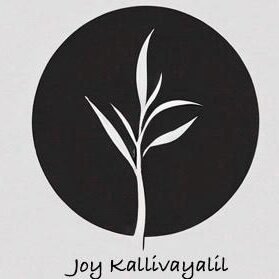#philosophy
Identity Politics in our time.
– Arundhati Roy.
“In India as in other countries, the weaponisation of identity, in which identity is disaggregated and atomised into micro-categories, has turned the air itself into a sort of punitive heresy-hunting machine. Even these micro-identities have developed a power hierarchy.
In his book Elite Capture, the philosopher Olufemi O. Taiwo describes how certain individuals then become elevated from among these groups, individuals usually located in powerful countries, in big cities, in big universities, those with social capital on the internet, and then are given platforms by foundations, by media, by corporations to speak for and decide on behalf of the rest of their communities.
It’s an understandable response to historic pain and humiliation. But it’s not a revolutionary response. Micro-Elite Capture cannot be the only answer to Macro-Elite Capture. As some empirical research has shown, when we buy into a culture of proscription and censorship, it is the Right that benefits disproportionately.
A recent study by PEN America of banned school textbooks shows that the overwhelming majority of proscribed textbooks contain progressive texts on gender and race.
Sealing in communities, reducing and flattening their identities into silos can be perilous and precludes solidarity. Ironically, that was and is the ultimate goal of the caste system in India – divide a people into a hierarchy of unbreachable silos, and no one community will be able to feel the pain of another because they are in constant conflict. It works like a self-operating, intricate administrative/surveillance machine in which society administers/surveils itself, and in the process ensures that the overarching structures of oppression remain in place. Everyone except those at the very top and the very bottom (and these categories are minutely graded too) is oppressed by someone and has someone to be oppressed by.
Once this maze of tripwires has been laid, almost nobody can pass the test of purity and correctness. Certainly, almost nothing that was once thought of as good or great literature. Not Shakespeare, for sure. Not Tolstoy – imagine presuming he could understand the mind of a woman called Anna Karenina. Not Dostoevsky, who only refers to older women as “crones.” By his standards, I’d qualify as a crone for sure. But I’d still like people to read him. It goes without saying that by these standards, every sacred book of every religion would not pass muster.
Amidst the apparent noise in public discourse, we are swiftly approaching a sort of intellectual gridlock. Solidarity can never be pristine. It should be challenged, debated, argued about, corrected. By precluding it, we reinforce the very thing we claim to be fighting against.”

